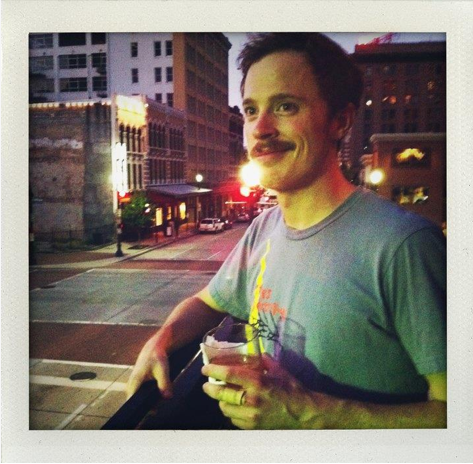ROBOT & MONSTER
i got to sit in on the writers’ room of robot & monster for one day as they were revising a script. the head writers weren’t there, so the room consisted of the story editor, 2 writers, a script coordinator, and me just watching. they projected the script up on the wall and went through it page by page, punching up jokes and addressing whatever notes they had received. i wish i got to stay longer than just 1 day, but they were nearly done writing for the season so it just didn’t happen. it was still pretty cool to see.
REMAINDER
we had a meeting with karen to discuss we how we should best make use of the last few months of the fellowship. the 2 big things were 1) pilot, 2) agents. we’ve been working on pilot scripts for a couple months and it had been very self directed. i was floundering for a bit, but i made a firm decision on which concept to write, and i came up with a schedule to finish it. karen will give us notes as we move from premise to outline to first draft, which is great. she also said she would set up meetings with agents for us, which i don’t think has happened in previous years of the fellowship, so that’s very exciting.
PILOT
the way i feel as i write my pilot right now is the same way i felt writing the spec of 30 rock that i submitted to the nick fellowship a year ago, which is: if i write a really good script, it can open doors and present opportunities for success. if i write a mediocre or bad script, i will fail. that’s a lot of pressure! but i think that’s an accurate assessment. you only get one chance at a first impression. when some future agent or showrunner reads my pilot, i want that person to be impressed enough to want to meet me and work with me. even though the stakes are high, i actually find comfort in knowing all of the responsibility for success or failure is in my hands and no one else’s.
before this point, i already had the concept of the show, and had already created all the characters. i decided it would be a half hour, live action, single camera show. it’s a buddy comedy. and i decided to write a non premise pilot. that was a key decision. it’s more challenging, but that’s why i chose to do it.
here’s the schedule i made for myself:
- logline – 1 week
- 1 page premise – 1 week
- 5 page outline – 1 week
- first draft – 2 weeks
the logline is only a few sentences, so it might seem silly to spend as much time on that as a 5 page outline, but i think it’s critical to start with a strong foundation for a story. if you can’t tell your story in a clear and concise logline, that means your story is weak and your script will suffer. in order to write a strong logline, you have to make decisions about your story – who are the characters, what do they want, what’s the conflict, what’s the resolution. it’s much easier to change and refine these elements in a logline than in a script.
in one version of my logline, i used the term “hurtful” secrets and changed it to “embarrassing” secrets. changing that one word changed the tone of the whole script and gave me lots of ideas for scenes. you really can’t skip steps. you have to put in the time and make sure the structure of your story is sound.
like i said before, i was floundering a bit with this pilot for a month or so. it was frustrating because i felt like i had a good premise for the show, but i couldn’t think of strong story ideas. what i did was to take a step back and focus on the characters, and their relationships to each other. once i nailed those down, writing the logline became much easier.

meetings a stunt coordinator and actors next week.
going to move ahead with some filmming.
should be fun.
got a request from ridley scott’s company. everyone like my sci-fi script i have been pitching.
thanks for all the encouragement in your update and MONSTERS AND ROBOTS SOUNDS FUN!!
ron
http://www.youtube.com/user/ronreidjr